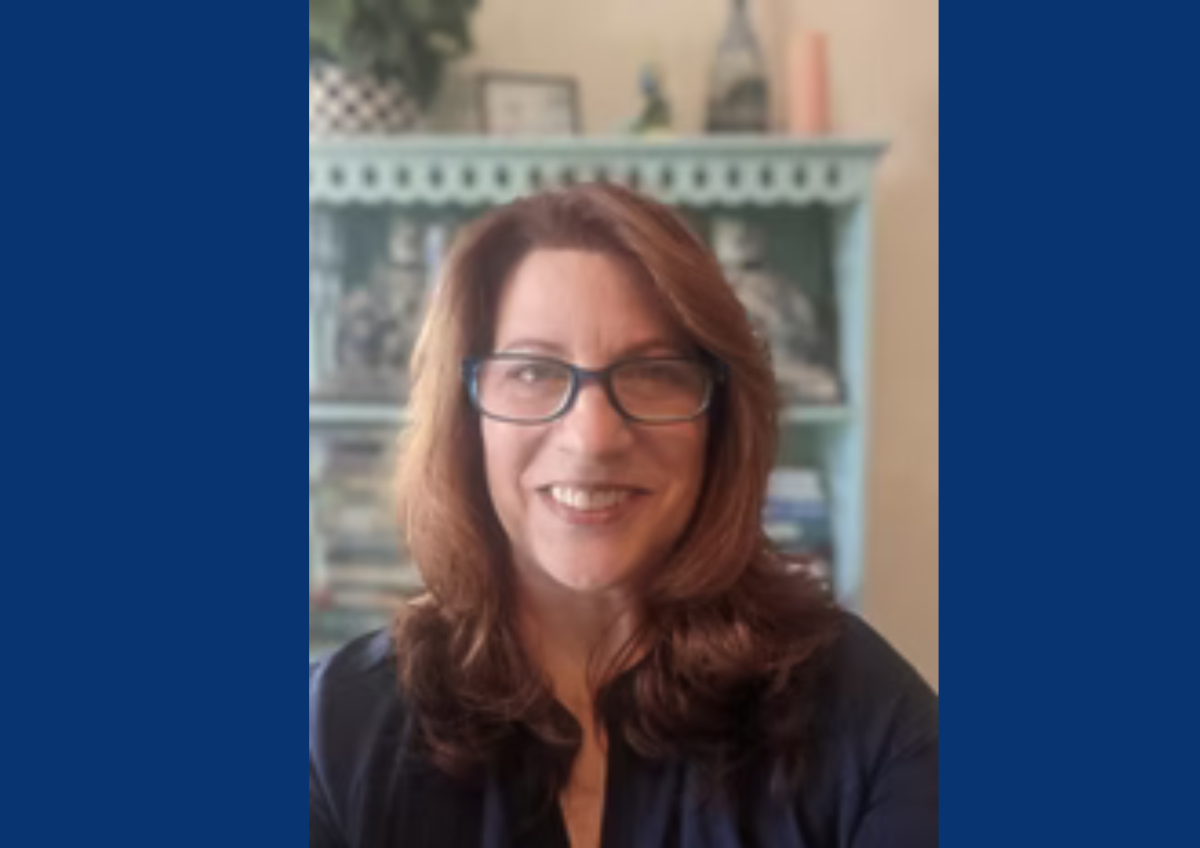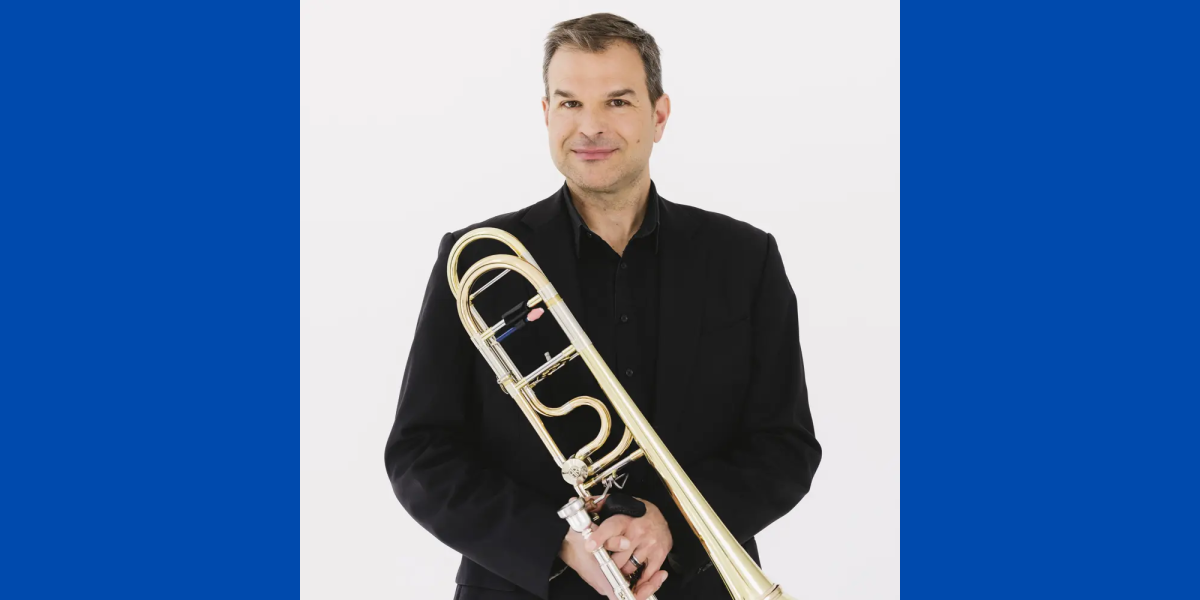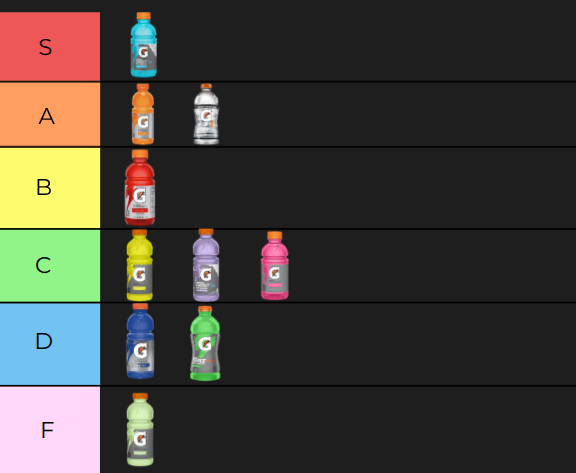Some form of language education is a graduation requirement in New York State. In fact, New York has some of the most linguistically diverse communities in the world due to historic immigration. Despite this, many students question the value of this part of education.
Regardless, according to the American Academy of Arts and Sciences, 16.9% of the United States population is bilingual. That’s an estimated fifty-six million people. On top of that, the University of North Georgia reports that foreign language studies improve memory and vocabulary.
In many European countries, language education starts when school begins. However, the United States doesn’t mirror this trend, despite research showing that second languages are best learned earlier in life. So in this article, we will discuss the language learning experience and hopefully support bilingual education as a whole.
Carly’s Experience
When I began learning French, I was in seventh grade and I often took for granted the benefits. However, because of my great teacher, Madame Leimone, it quickly became one of my favorite classes. The middle school language teachers have just recently added language learning to the sixth-grade curriculum, something that many teachers believe was a long time coming.
On the subject, Leimone reports “I was so excited for the introduction of languages in the sixth grade! The students themselves are so happy to be learning their new language and that enthusiasm is contagious! The students will have a better understanding of the language, teachers will be able to teach more material and their level of mastery will increase exponentially by the end of high school.”
And this sentiment is echoed by high school-level teachers. Getting the opportunity to interview NHS’s very own Señor Serna allowed me to gain a deeper understanding of what language teachers do for students.
Mr. Serna says it best; “I would like my students to understand and to be culturally aware. They need to know about religions, geography, and other cultures. And to know that there is, there is diversity everywhere else. So, when I teach, I’m not only the language teacher, I would say I integrate culture.”
I was also curious if he had any suggestions on how we could improve this aspect of our standard education. Señior Serna explained to me, “We not only need the support from the school. We should include parents and the community itself.”
One of the ways I suggest doing this is teaching your parents some of what you know. Since I started learning French, I’ve been trying to teach my mom how to carry a basic conversation (something along the lines of “Bonjour, comment ca va?”). Even though our pronunciation isn’t always perfect, this leads to many laughs and has made my language learning a little bit more fun.
Lastly, teachers like Mr. Serna are aware of all the pressures today’s students are under. Although such teachers feel language is as important as any other subject, the reality is that students are overwhelmed sometimes.
“I would recommend languages to start earlier, yes. But it’s also a balance between all the other programs because you can’t just drill a student and just overwhelm them with math and science and arts and music and sports and all the other things that in society we overwhelm students.” Serna mentions.
As I learned from this interview, to teach language arts is to teach culture and to create a more integrated and educated world. This is also the experience of my Co-Author Nick.
Nick’s Experience
In Seventh grade when I started my journey of learning the Italian language, I was trying to pick out a language class that wouldn’t be too easy or too hard, but also a class where I would have my friends.
Secondly, I chose Italian as my language because I’m part Italian and my sister takes it too. I don’t think I really understood the importance of learning a different language, because while learning how to speak Italian, I was also learning about the history and culture of said country.
When you understand another language you expand your understanding of the world around you. Also, language is different from a subject like math or science because its applications in life are much more tangible.
Mrs. Blasi, my Italian teacher, believes, “…language is an important subject because a person can grow as an individual in so many ways. In language classes, one learns a skill that sets them apart from many. The ability to communicate with other people in different languages allows a person to understand different points of view, appreciate different cultures and perspectives, and make friendships.”
If that wasn’t enough to convince you about the importance of languages, according to the University of North Georgia, learning a second language improves your skills and grades in math and English and on the SAT and GRE.
Overall, languages are an important part of a complete education and in recent years schools in America have started being more multicultural. Both me and Carly had great language experiences at Northport High and hopefully, the United States is becoming a more bilingual country. Learning a second language opens new doors for travelers, readers, chefs, and anyone else looking to strengthen their minds. So au revoir, ciao, adios; go learn a second language!






















Suzanne Sangiorgio • Jan 4, 2024 at 8:38 pm
Bien hecho!
Bien joue!
Ben facto!
Gut germacht!
In other words, good job! Learning a second language is so beneficial 🙂